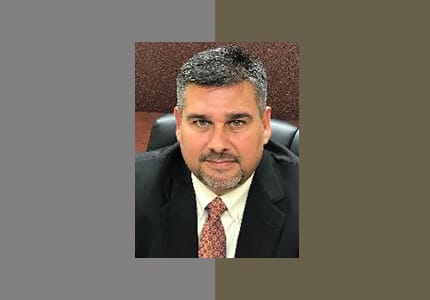Miranda rights are a critical protection that’s meant to ensure that individuals know their rights when being taken into police custody. These rights are designed to prevent self-incrimination based on the Fifth Amendment.
Law enforcement officers generally must recite the Miranda warning when someone is detained, informing the detainee of their fundamental rights. Miranda rights cover the right to have an attorney and the right to remain silent.
Specific rights
The right to remain silent is foundational. It allows individuals not to answer questions or make statements that might incriminate themselves. Once a person invokes this right, police officers must cease all interrogations related to the case.
The right to legal representation is equally crucial. This ensures that individuals can consult with a lawyer who can provide legal advice, represent their interests during questioning, and advocate.
Invoking Miranda rights
Miranda rights should be clearly and unquestionably invoked. To exercise the right to remain silent, an individual should express to the police that they are invoking this right. Simply remaining silent without an explicit declaration may not be sufficient.
Individuals who invoke their Miranda rights should make specific statements, such as:
- I choose to remain silent until I speak to my attorney.
- I invoke my Miranda rights and want an attorney.
- I don’t want to answer questions or make statements without my attorney.
Once Miranda rights are invoked, police interrogation of the crime must stop until the individual consults an attorney. Police can only resume questioning if the individual willingly and knowingly waives their rights.
Understanding and correctly invoking Miranda rights are crucial for anyone in police custody. These rights are a fundamental part of the legal process, designed to protect individuals’ constitutional rights during the critical early stages of the criminal justice process.
A failure of police officers to uphold these rights may become part of a defense strategy in the event that the individual being questioned is charged with wrongdoing. It is, therefore, critical for individuals who are facing criminal charges to consult with their legal representative to determine how to proceed in ways that facilitate a strong legal strategy.

